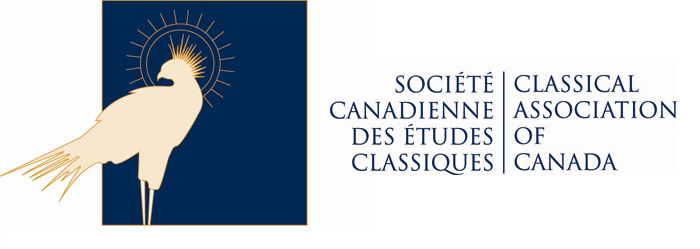Star Trek and the Ancient Past
Collected Volume
Call for Papers
Nearly sixty years ago in 1966, Star Trek first premiered on TV. It offered a rare example of science-fiction aimed at an adult audience that represented a positive future emerging from the depths of the Cold War and inspired by contemporary milestones in space exploration. Star Trek: The Original Series, as it’s now called, and the many spin-offs, feature films, books, comics, and games that have sprouted from it, have all emphasized the development of humanity in the future as an idealized and enlightened multicultural society driven by science, innovation, curiosity, and respect for difference. Indeed, the recent years have seen a particular proliferation of this franchise, including the series Discovery (2017-2024), Picard (2020-2023), Lower Decks (2020-present), Prodigy (2021-present) and Strange New Worlds (2022-present), with some new film and TV projects in production.
Amidst this focus on humanity’s evolution, a prominent thread permeates Star Trek: humanity’s relationship with its own past–particularly the ancient Mediterranean past–which informs, and even defines, this enlightened future. In addition to the general concept of a privileged deep past, the ancient Mediterranean world has been a consistent and defining element of the franchise, from the incorporation of (arguably) superficial ornaments, like the names of Vulcans and Romulans in The Original Series (1966-69), into larger narratives like Romulans vs. Remans in the film Nemesis (2002); to engagements with antiquity in episode titles such as “Lethe” and “Si Vis Pacem, Para Bellum” in Discovery; to the adaptation of narratives and themes from the Odyssey in “Calypso” from Short Treks (2018-2020), “Among the Lotus Eaters” from Strange New Worlds, and the Star Trek: Year Five comic series (2019-2021). Certainly scholars have addressed elements of antiquity in Star Trek in focused studies (such as J. Wagner and J. Lundeen 1998, M. Winkler 2009, M. Kappell 2010, O. Wenskus 2017, G. Kovacs 2015; for more recent treatments, see R. Clare 2022, D. Baker 2023, R. Blondell 2023, and A. Norgard 2024). However, with the recent resurgence of televised Star Trek and the franchise’s ongoing engagement with the ancient Mediterranean world, a larger project is warranted that observes antiquity’s presence and influence across classic Trek, the new additions to the canon, and within peripheral Trek media.
And so we are putting together a volume tentatively to be titled Star Trek and the Ancient Past that brings together multiple scholarly perspectives on the Star Trek franchise’s various engagements and intersections with antiquity. We thus invite proposals for chapters that will address any element of this theme. We are particularly interested in chapters that address social justice and that make connections across the Star Trek franchise more broadly instead of treating an individual episode. We are also interested in looking beyond the TV shows and films to the entire Star Trek franchise, including but not limited to comics, video and tabletop games, fanfiction, fanfilms, animation, novels, etc.
Although the co-editors are scholars of the literature and languages of the ancient Mediterranean world and its reception, we invite submissions by scholars from a variety of disciplinary viewpoints who are interested in investigating a broad definition of “antiquity” in Star Trek. Some possible topics include (but are definitely not limited to):
● Mythology & mythopoesis (both real and fictional)
● Archaeology & anthropology
● Race, ethnicity, & Afro-/African-futurism
● Religion, spirituality, & philosophy
● Language & communication
● Gender, sexuality, & identity
● Fictional pasts, histories, & alternate timelines
● Intersections of scientific development & ableism or disability
● Artificial intelligence
● Imperialism, colonialism, & fascism
Please submit an abstract of no more than 500 words (including bibliography) to Amy Norgard and Natalie J Swain at anorgard@truman.edu and natalie.swain@acadiau.ca; final chapters will be 6000 to 8000 words inclusive of footnotes and bibliography. The deadline for submissions is 1 September 2024, and proposals will be informed of our decision by 1 October 2024. We particularly welcome submissions from early-career scholars and people from underrepresented backgrounds in academia. We plan to host virtual workshops and discussions with paper authors in Fall 2024, with the first drafts of chapters due 1 February 2025. Please see below for a detailed timeline.
Deadline for Abstracts – 1 September 2024
Inform accepted contributors – 1 October 2024
Workshops – October and December 2024
First draft deadline – 1 February 2025
Follow Us/ Suivez-Nous
Copyright © 2023 The Classical Association of Canada / Société Canadienne des Études Classiques
All Rights Reserved | Privacy Policy | Politique de confidentialité
Sign up for our newsletter to receive updates!
Nous vous invitons à vous inscrire à notre newsletter afin de recevoir les mises à jour!

Recent Comments